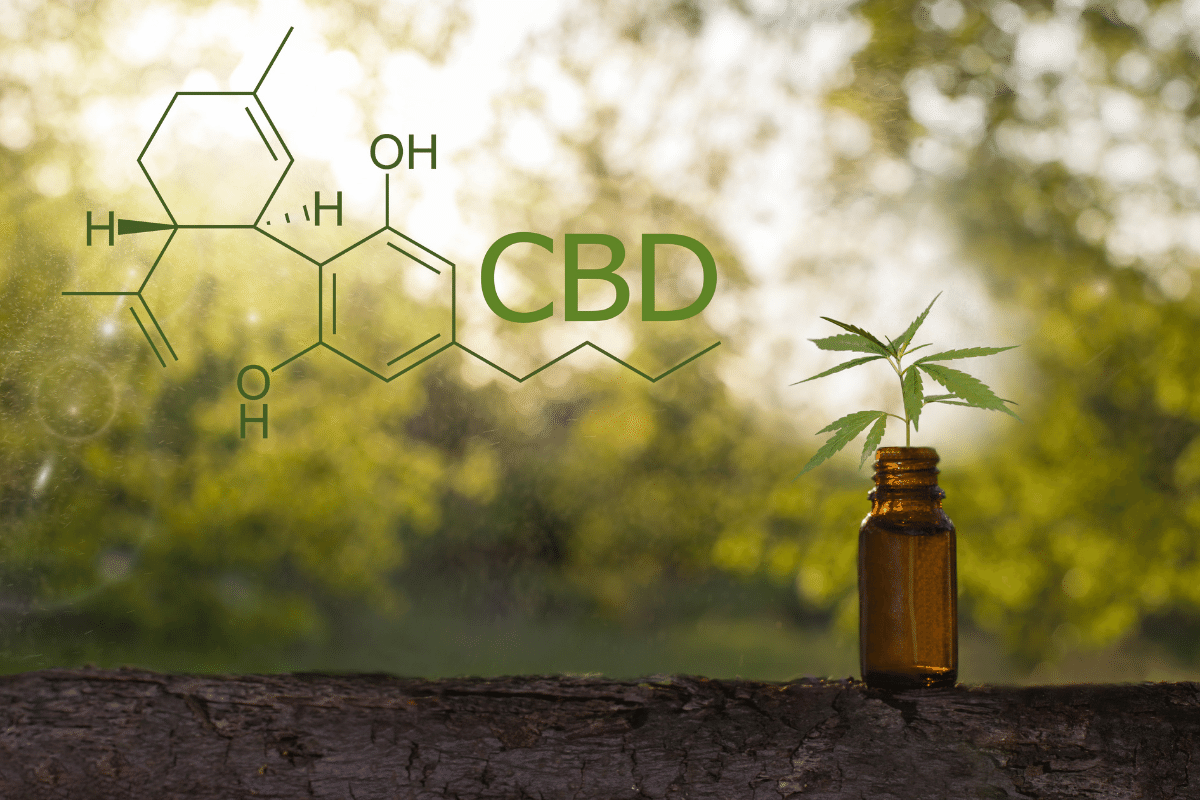Cannabis use, and more specifically the duration that THC (tetrahydrocannabinol) stays in your system, is a topic of great interest for many. Whether you are curious for personal reasons, facing a drug test, or simply interested in understanding how cannabis interacts with the body, it’s important to have accurate information. This article aims to provide a comprehensive and easy-to-understand guide on how long THC lasts in your system, incorporating expert insights and current research.
Understanding THC and Its Metabolism
THC is the primary psychoactive component of cannabis. When consumed, it is metabolized by the liver into over 80 different metabolites, including 11-hydroxy-THC, which is also psychoactive, and THC-COOH, which is non-psychoactive but stored in body fat and released slowly over time.
Expert Insight
Dr. Joseph Maroon – Professor of Neurological Surgery: “THC metabolites, not the psychoactive THC itself, are what show up in drug tests. These metabolites are stored in fat cells and released slowly, influencing detection windows.”
Factors Influencing THC Detection Times
1. Frequency of Use
Frequent users of cannabis will generally have longer detection times compared to infrequent users. THC and its metabolites accumulate in the body with repeated use.
NIDA (National Institute on Drug Abuse): “NIDA acknowledges that THC detection times vary depending on factors like frequency of use, metabolism, and body fat percentage. They offer a general timeframe of 3-30 days for urine tests and warn that heavy users may test positive for longer.”
2. Metabolism
Individual metabolism rates play a significant role in how quickly THC is processed and eliminated from the body. People with faster metabolisms will generally clear THC more quickly.
American Addiction Centers – Drug & Alcohol Rehab Treatment: “American Addiction Centers highlight the limitations of providing a one-size-fits-all answer. They emphasize consulting a medical professional for a more accurate estimate based on individual factors.”
3. Body Fat Percentage
Since THC metabolites are stored in fat cells, individuals with higher body fat percentages may retain THC for longer periods.
4. Method of Consumption
The way you consume cannabis (smoking, vaping, edibles) can also affect how long THC stays in your system. Edibles, for example, take longer to process and can result in longer detection times.
Detection Methods and Timeframes
1. Urine Tests
Urine tests are the most common method for detecting THC. They detect the presence of THC-COOH, a metabolite of THC.
- Single-use: 3-7 days
- Moderate use (4 times/week): 7-21 days
- Heavy use (daily): 21-30+ days
2. Blood Tests
Blood tests can detect THC for a shorter period since THC is rapidly metabolized and redistributed into fat.
- Single-use: 1-2 days
- Frequent use: Up to 7 days
3. Saliva Tests
Saliva tests are less common but can detect THC within hours of use and up to a few days for regular users.
- Single-use: 1-3 days
- Frequent use: 3-7 days
4. Hair Tests
Hair tests can detect THC for the longest period, up to 90 days, as THC metabolites are incorporated into the hair as it grows.
Mayo Clinic: “The Mayo Clinic emphasizes that THC can be detected in a hair follicle test for up to 90 days. This is because THC metabolites are incorporated into hair as it grows.”
Studies on THC Detection Times
Marijuana Detection in Biological Fluids
This study explores the detection of THC and its metabolites in various biological fluids like urine, blood, and hair. It highlights factors influencing detection times and the limitations of providing universal estimates.
The Influence of Metabolism and Genetics on THC Elimination Rates
This study explores how individual differences in metabolism and genetics can affect how quickly THC is eliminated from the body. Understanding these factors can provide more context for interpreting detection windows.
A Critical Review of Oral Fluid Testing for Marijuana Use
While oral fluid tests offer a shorter detection window compared to urine or hair, they may still be positive for recent use. This study explores the use of oral fluid testing for THC detection.
The Impact of Exercise on THC Elimination Rates
While not extensively researched, there is some evidence that exercise can influence THC elimination rates by burning fat cells, which release THC metabolites. More research is needed to understand this relationship fully.
Personal Anecdotes and Tips
My First Encounter with THC Testing
I remember my first experience with a THC test vividly. It was for a new job, and despite being an infrequent user, I was anxious about the results. I had smoked a joint at a friend’s party about a week before the test. In preparation, I researched everything I could about detoxing and even tried a few over-the-counter detox kits, but I wasn’t confident they would work.
The anxiety I felt while waiting for the results was immense. Thankfully, I passed, but the experience taught me a valuable lesson about understanding my body and the science behind THC metabolism. It also underscored the importance of timing and knowing how long THC can stay in your system.
Tips for Navigating THC Testing
- Stay Hydrated: Drinking plenty of water can help flush out toxins, although it won’t dramatically shorten the detection window.
- Exercise Regularly: Regular exercise can help burn fat and potentially release THC metabolites, but be mindful of timing as this might temporarily increase metabolite levels in your blood.
- Healthy Diet: Eating a balanced diet can support your metabolism, helping your body process and eliminate THC more efficiently.
- Avoid Panic: If you have an upcoming drug test, avoid using any cannabis products and give your body time to metabolize and eliminate THC naturally.
Conclusion
Understanding how long THC stays in your system is crucial for various reasons, from job-related drug tests to personal health management. Factors like frequency of use, metabolism, body fat percentage, and consumption method all play a significant role in determining detection times. By staying informed and consulting healthcare professionals when necessary, you can better navigate the complexities of THC metabolism and testing.
Whether you are a casual user, a medical marijuana patient, or simply curious, knowing the science behind THC in your system can help you make informed decisions. Remember, each person’s body is different, and individual experiences with THC detection can vary widely. Stay informed, stay healthy, and approach cannabis use responsibly.





